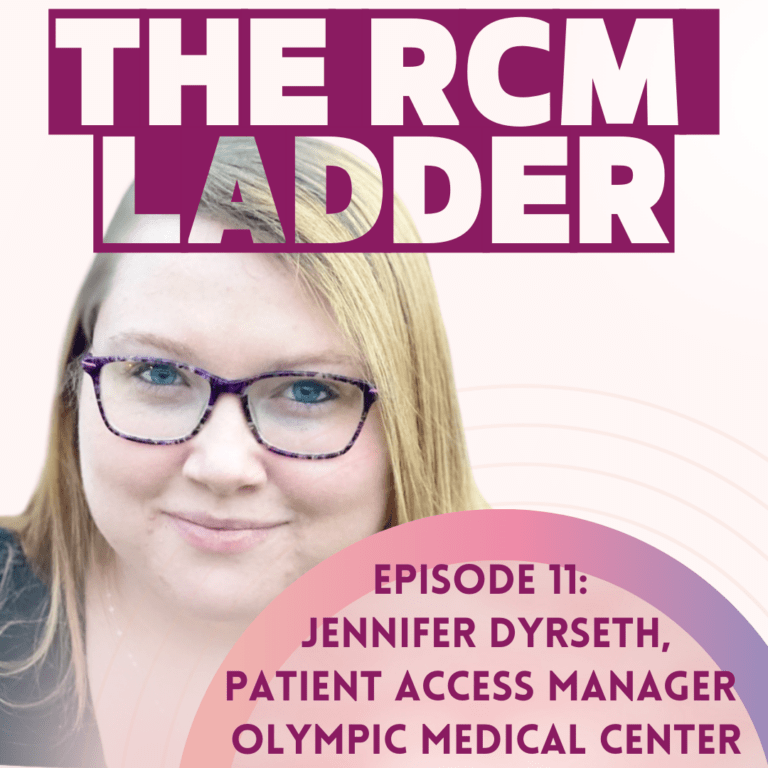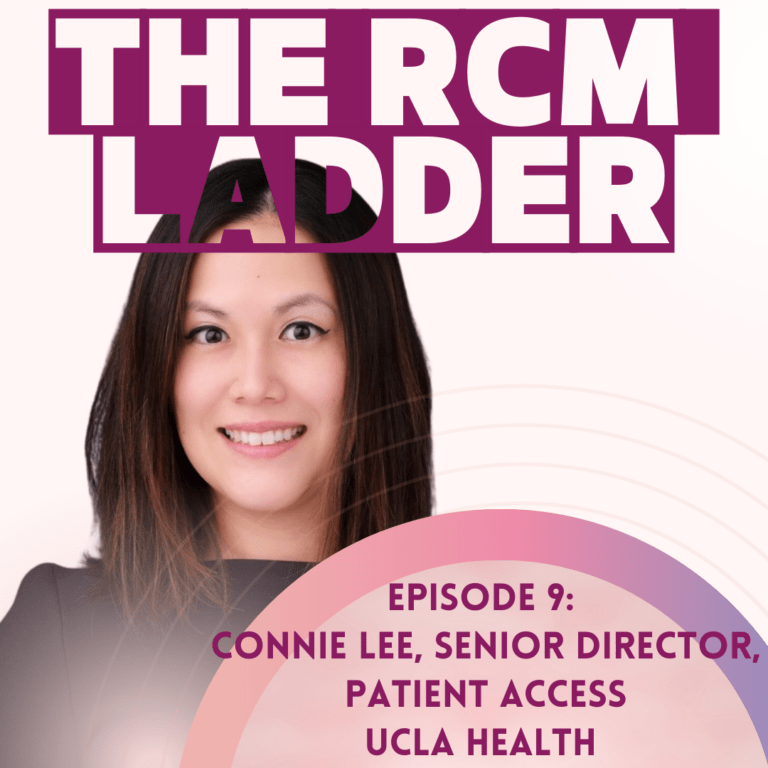Over the past 24 months, the opioid epidemic in America has become much worse because of the Covid-19 global pandemic.
“Addiction is a disease of isolation and the pandemic has put everybody back into an isolated state by and large,” says Kevin Holst, chief commercial officer at Groups Recover Together, a licensed office-based addiction treatment provider group.
Groups delivers a differentiated outpatient model based on medication-assisted treatment combined with weekly group therapy sessions for members that results in some 70% of members remaining in recovery versus industry averages of 30%-40%.
“We have a very significant focus on building supportive community,” says Holst. “But it all starts with building trust. Only then can we help our members put their lives back together. There’s a lot of distrust there. One of the things that we focus on as an organization is [giving patients] the benefit of the doubt to treat them like people. Because oftentimes, you know, these folks have not been.”
Holst joined the show to discuss what the patient experience is like for those suffering from opioid use disorder and what his organization is doing differently to better meet this patient population’s unique set of needs.
Listen on: Apple Podcasts| Spotify | Google Podcasts | Overcast | YouTube
Listen:
Watch:
Episode Highlights:
Addiction recovery starts with building trust
Why is trust important with this cohort of patients?
“There’s a ton of clinical complexity here,” says Holst. “Including getting them back on a regimen in a relationship with a primary care provider, getting back to the dentist to get that process started; managing through specialty care for a variety of things that this cohort is often co-morbid with.”
And that’s all part of building out a superlative patient experience. Once you’ve built trust then an incredible journey back to health and living their lives can begin to happen.
“It’s no surprise as you start to feel better physically and that happens relatively quickly with this patient population,” he says, “even just a month of stopping the drug abuse that they’ve been engaging with for that period of time, they look and feel differently. And it’s an amazing transformation to be able to watch across across our membership.”
There are three key metrics for determining success with addiction treatment
There’s three sentinel metrics that Groups focuses on from an outcomes perspective. The first is attendance to weekly group meetings. Second, abstinence from illicit opioids. And, third, the percentage of members that remain in long-term treatment, measured at six-months after their first day of treatment.
“There’s other stuff with regard to, utilization and cost reduction that we focus on, but these three are the big ones in terms of your early tells of success with our program,” Holst notes.
You should be inspired by your patients
The reason healthcare workers get up everyday to go to work is because of their patients. So, don’t be afraid to get inspired by their journey. Don’t be afraid to get emotional when you’ve helped them make last change in their lives.
That’s doubly true for the team at Groups simply because of the patient population they serve.
“The amount of a barrier and hardship and grief that a lot of our members have lived through is significant,” says Holst. “A lot of our counselors have connection to addiction either through their own recovery or the recovery of close family and friends. All of them have lost patients. And we try to honor that as best we can because they’re the rock stars within the context of organizations. They’re the ones that are making a difference in making the impact on our members who trust us in their recovery journey. And that’s a big source of inspiration.”



